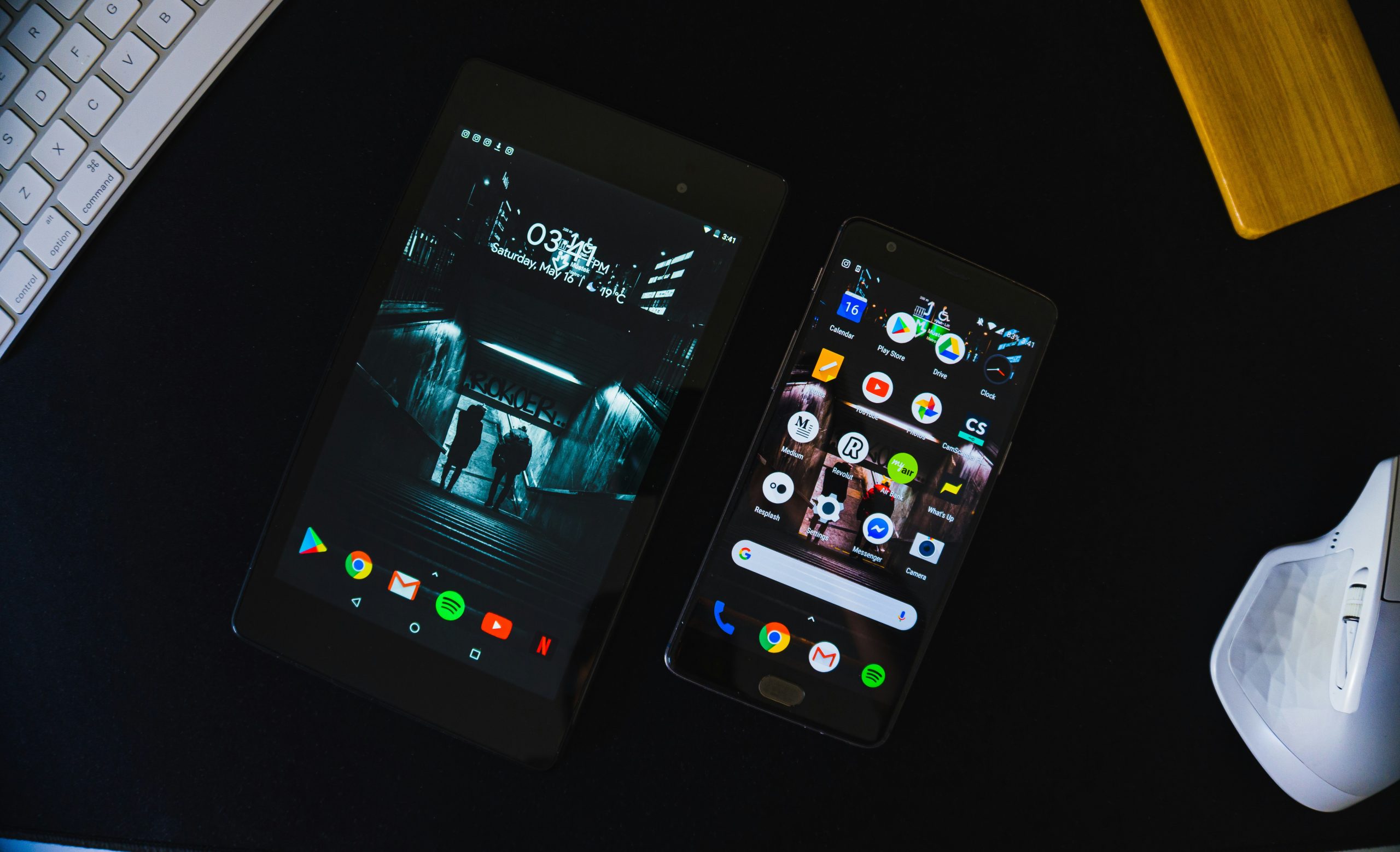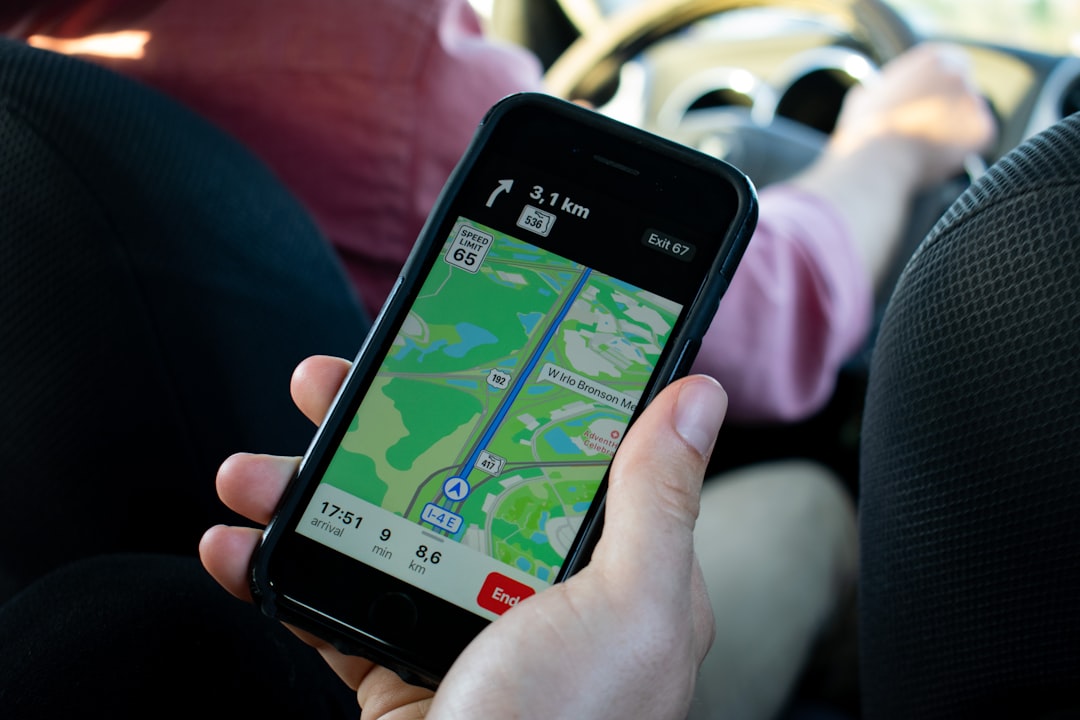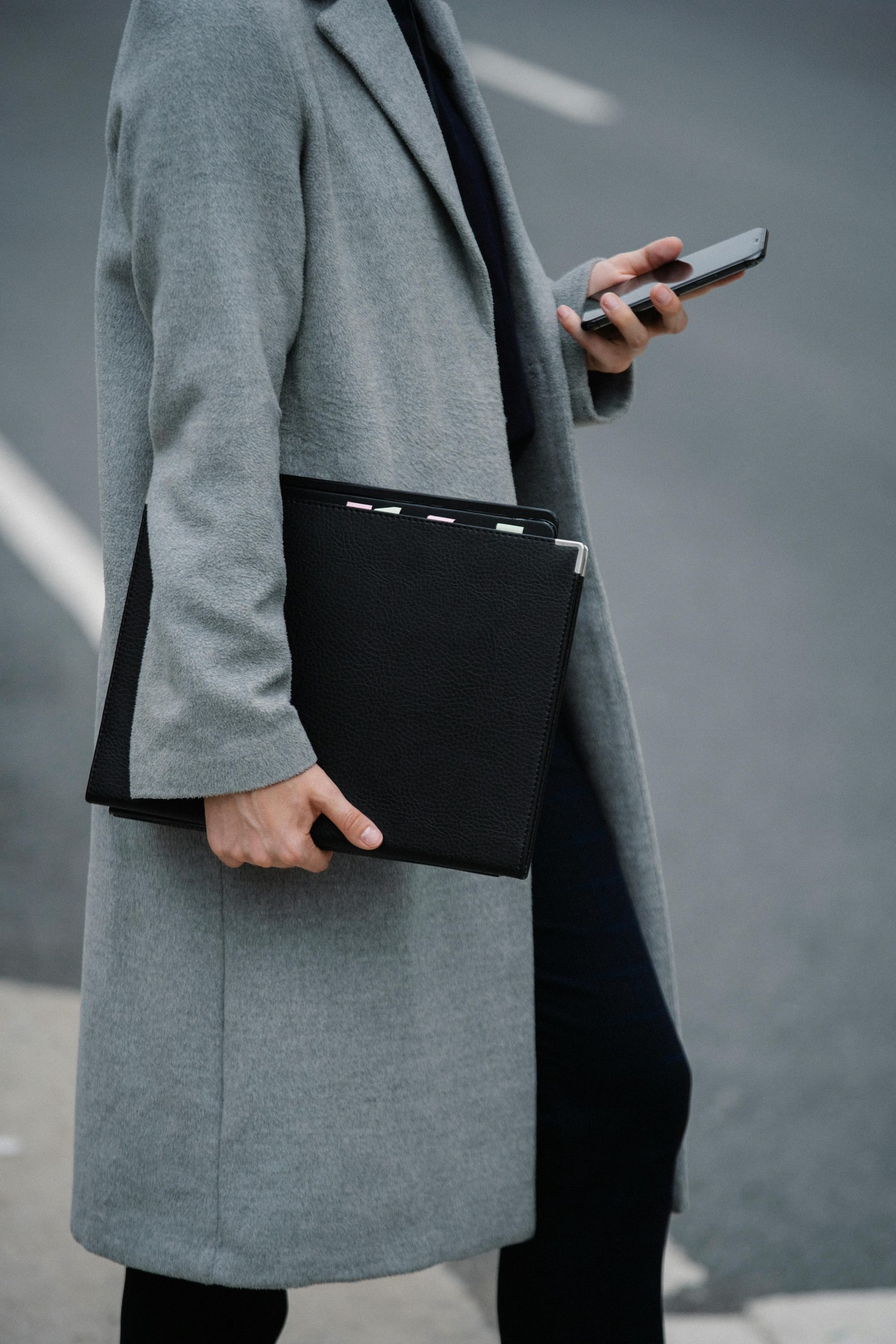When one tech enthusiast decided to use a VPN on all of their devices for an entire week, they weren’t sure what to expect. Would it slow down their internet speeds? Would the extra layer of privacy be worth the trouble? After seven days of testing across work, entertainment, and travel activities, the results revealed some surprising realities about using a VPN full-time.
Why Use a VPN in the First Place?
Virtual Private Networks (VPNs) are designed to protect user privacy by encrypting internet traffic and hiding IP addresses. This makes it harder for third parties like advertisers, hackers, and even ISPs to track online behavior. In theory, this improves security and opens access to geographically restricted content. But how does that translate into everyday use?
Day 1: Setup and Configuration
Setting up a VPN on a laptop, smartphone, tablet, and smart TV initially took some time. Most reputable VPN services offer apps for all devices, which made installations relatively straightforward. The challenge was configuring smart devices that don’t have native VPN support, such as certain smart TVs and gaming consoles. This required redirecting traffic through a router configured to run the VPN.

Once setup was complete, traffic from all devices funneled through encrypted tunnels. The user immediately noticed websites loading a beat slower—as expected—but everything remained usable.
Days 2–4: Streaming, Browsing, and Productivity
Streaming content from services like Netflix, Hulu, and BBC iPlayer was a major part of the test. Some platforms flagged VPN use and required switching servers, but with trial and error, access was restored. Having the option to bypass geo-restricted libraries was a nice bonus.
Workwise, connection stability remained intact during Zoom meetings and cloud-based collaboration. However, certain services that rely on location tracking for security, like online banking apps, triggered authentication challenges. It became clear that for seamless access, users need to sometimes disconnect the VPN or whitelist specific applications.
Day 5: Mobile Performance and Data Usage
On mobile networks, using a VPN proved to consume more battery and slightly more data. GPS-based services like Google Maps and ride-hailing apps felt less accurate. Privacy came with a minor compromise in real-time functionality.

Battery issues were more noticeable on older devices. The extra power required for encryption and decryption processes shaved off an hour or two of active use across the day. Still, the trade-off could be acceptable for users prioritizing security, especially on unsecured public Wi-Fi networks.
Days 6–7: Gaming and Smart Home Setups
Online gaming with a VPN showed variable results. Some games experienced slightly higher ping times, which is a concern for competitive players. Also, certain in-game stores or regional servers became inaccessible without switching to the appropriate VPN server.
Smart home devices like voice assistants and security systems had mixed compatibility. A few devices stopped functioning correctly when routed through a VPN-based router—highlighting that always-on VPN configurations may not suit every home setup.
The Final Verdict
After a full week with a VPN on every device, the user appreciated the added layer of security and anonymity—especially on public networks. However, some sacrifices in convenience, speed, and device compatibility were clear. The key takeaway? VPNs are powerful tools, but they’re not one-size-fits-all. An adaptive approach that selectively enables VPNs, based on context and task, may offer the best balance.
FAQ: VPN Use Across All Devices
- Will using a VPN slow down my internet connection?
Yes, especially on distant servers. However, most premium VPNs maintain good speeds for everyday use. - Can I use a VPN on my smart TV or gaming console?
Not directly. You typically need a VPN-enabled router or a DNS service to channel traffic from these devices. - Is it safe to use a VPN for online banking?
Yes, but banks may flag unfamiliar locations. It’s often safer to disconnect the VPN temporarily to avoid login issues. - Does a VPN protect me on public Wi-Fi?
Absolutely. VPNs encrypt your data, making it difficult for hackers to intercept any communications on unsecured networks. - Do VPNs work on mobile data?
Yes, though they may increase data and battery consumption slightly.
